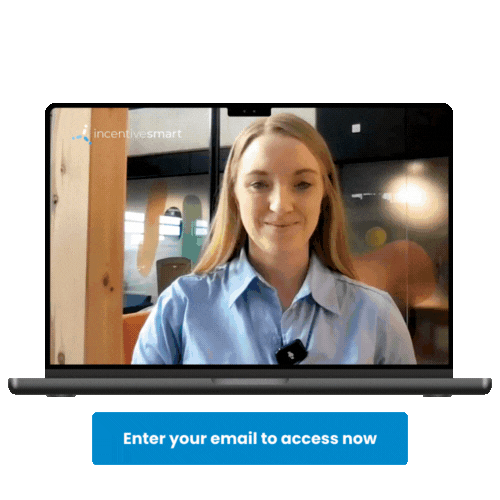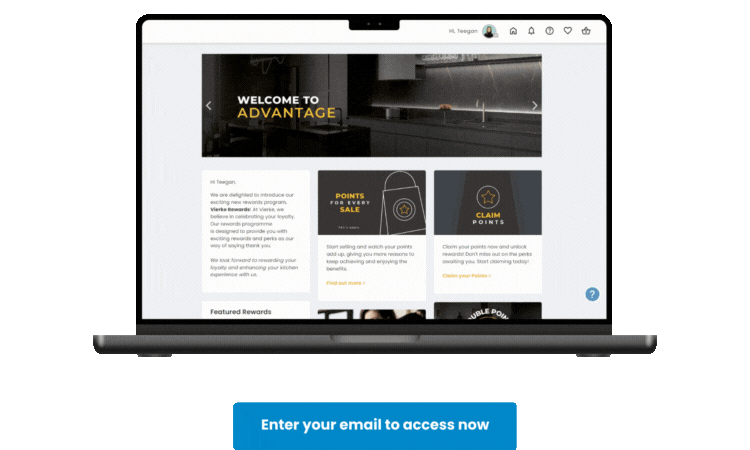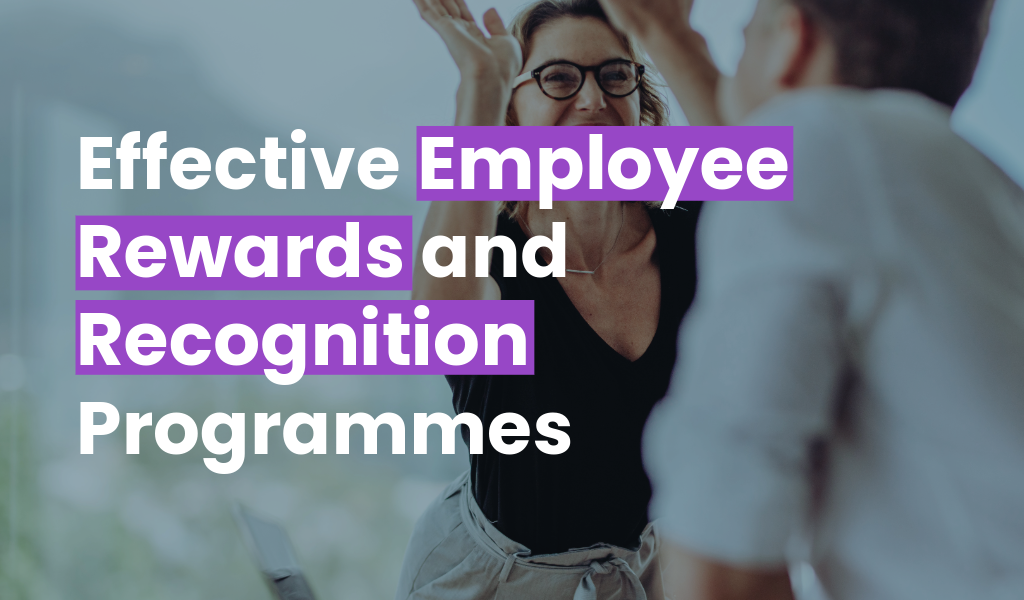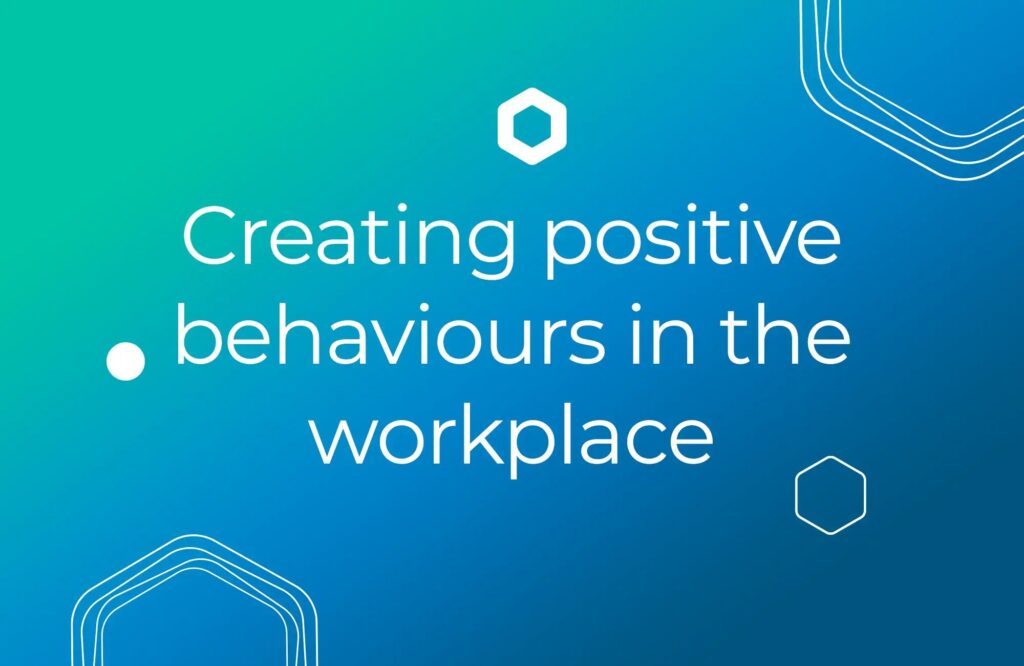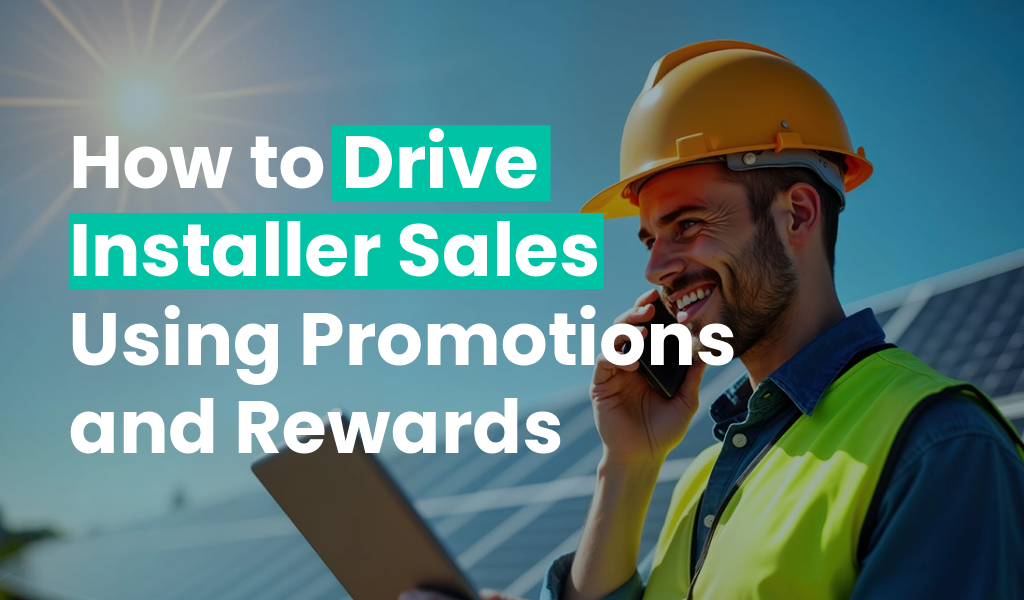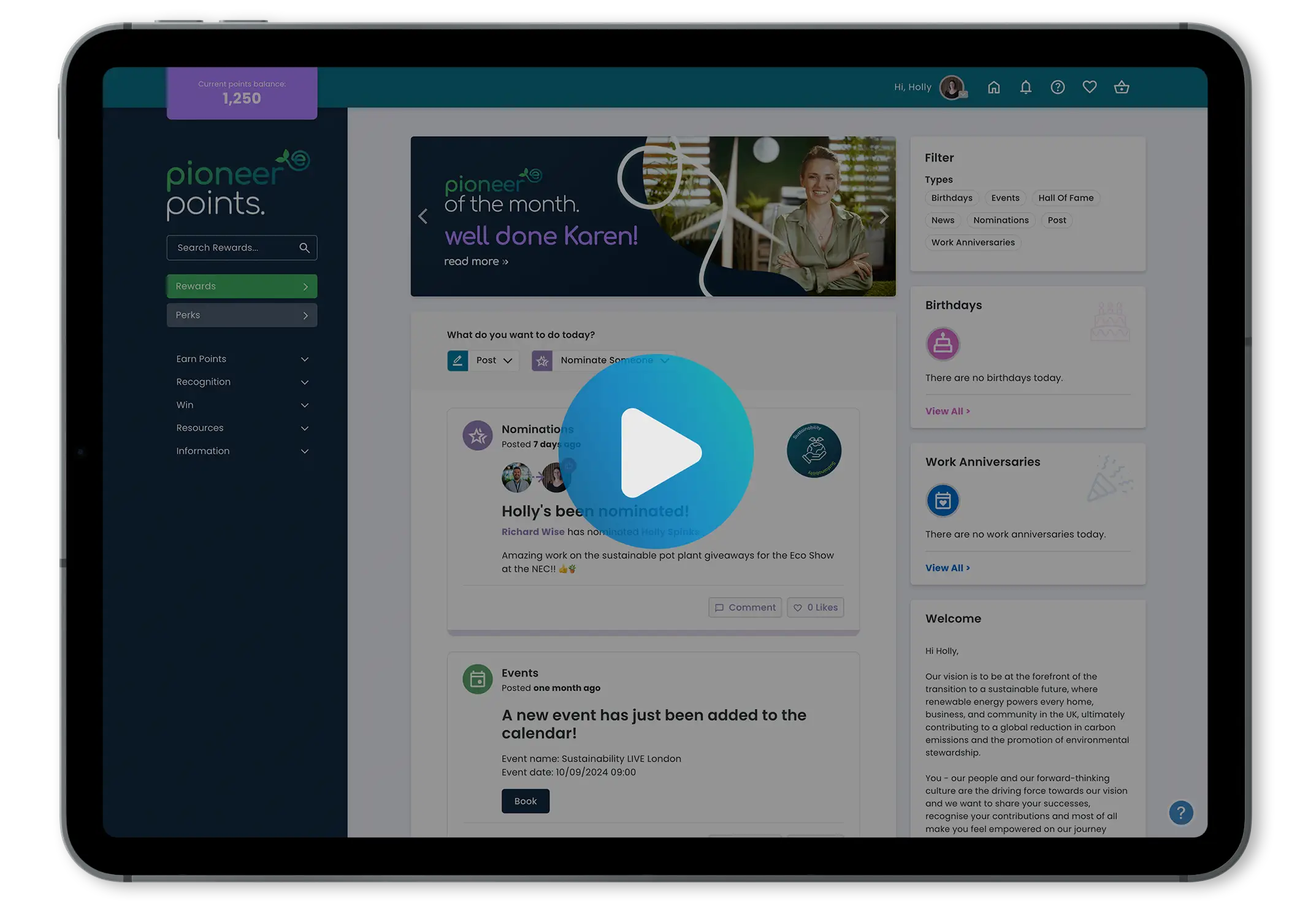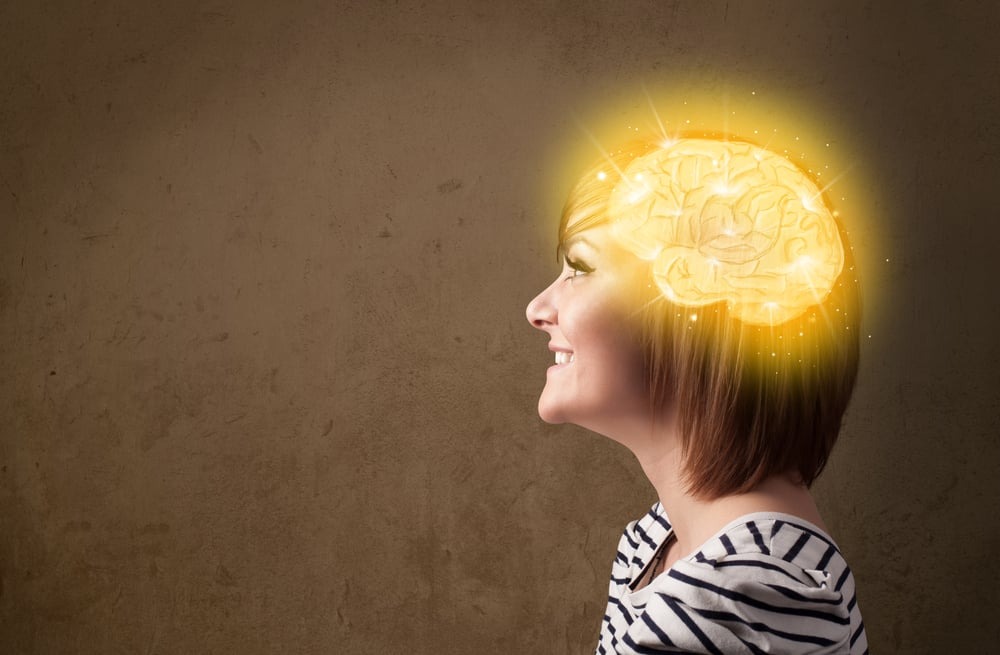


95% of our purchasing decisions are made with our subconscious mind, which is mainly driven by emotion. We may not realise it but there’s research out there that shows we’re not as savvy as we might think! We spend time comparing brands, pricing, features and functionality, but the ultimate decision is largely emotional.
When we feel loyal to a brand we have high emotional engagement with them and are more likely to continue buying their products. This is why businesses need to harness those emotional connections. In fact, a report from Capgemini found that 82% of consumers with high emotional engagement would always buy the brand they are loyal to when making purchasing decisions, and as many as 70% of emotionally engaged consumers say they spend up to two times or more on brands they are loyal to.
Us humans are driven by emotion, even when we think we’re not! There are several chemicals which govern our emotions, and we’re going to be looking at the main three that are responsible for our happiness – Dopamine, Oxytocin and Serotonin.
If brands want to create long-lasting emotional connections with their audience, they need to understand how these chemicals flow…
First up…
Dopamine!
Also known as the ‘reward’ or ‘achievement’ hormone, dopamine makes us feel great, and it’s a marketers best friend! A hit of dopamine results in a sense of satisfaction and pleasure. You know that feeling you get when you head to your favourite food place for a treat or when you decide to get a new car? That amazing feeling of satisfaction is dopamine being released. It’s an addictive feeling, thereby motivating us and encouraging the activity to be repeated again and again.
Businesses can harness the dopamine effect to drive positive, long-lasting and rewarding relationships with their customers. But how can they do this?
Personalisation is key! Having a more personalised and targeted approach means the content is more relevant to the customer and when it’s more meaningful to them, the customer is more likely to feel that sense of satisfaction. But in order to tailor content to customers, you need to have data. You need to understand buying behaviour, demographics, preferences, and more. When you have this data, you’ll be able to make data-driven decisions at every stage of the customer lifecycle to drive behaviours which will trigger dopamine. Having a customer loyalty programme can give you this valuable data so you can really get to know them and build that rewarding relationship. When a reward is associated with a purchase, the dopamine affect is significantly amplified. Especially when that reward is personal to the customer. Another reason why having a customer loyalty programme is a great way to boost that dopamine affect!
Not only will a customer loyalty programme give you juicy data, but rewarding customers for their loyalty will also trigger another brain chemical.
Next up…
Oxytocin!
Also known as “the love hormone”, Oxytocin is released when you form strong and long-lasting emotional connections, not just with other people, but businesses and brands too. It’s that content and warm feeling you get when a customer assistant goes out their way to make your shopping experience extra special or when you spend quality time with your family. It makes us feel appreciated, warmly touched, even loved (depending on the situation of course!).
Oxytocin is the most important chemical when it comes to building long-term loyalty and trust as it increases empathy and communication, which is key to sustaining relationships. Havard Business Review shared a research article about the neuroscience of trust. Numerous experiments were completed which proved higher oxytocin levels increase trust, even with strangers!
When building long-term customer loyalty, businesses need to get that oxytocin flowing. Exceptional customer experiences and providing WOW moments will do just that. Turn good customer service into amazing customer experience! Go that extra mile and you’ll see your customer loyalty flourish! Recognising this loyalty and commitment to your brand is another way to trigger oxytocin. A reward and recognition programme is the best way to showcase your appreciation. Not only will it allow you to recognise desired behaviours, but you can also reward your audience for this – triggering that all important dopamine affect again!
Here at Incentivesmart, we believe in the power of oxytocin so much, it even makes up part of our logo!
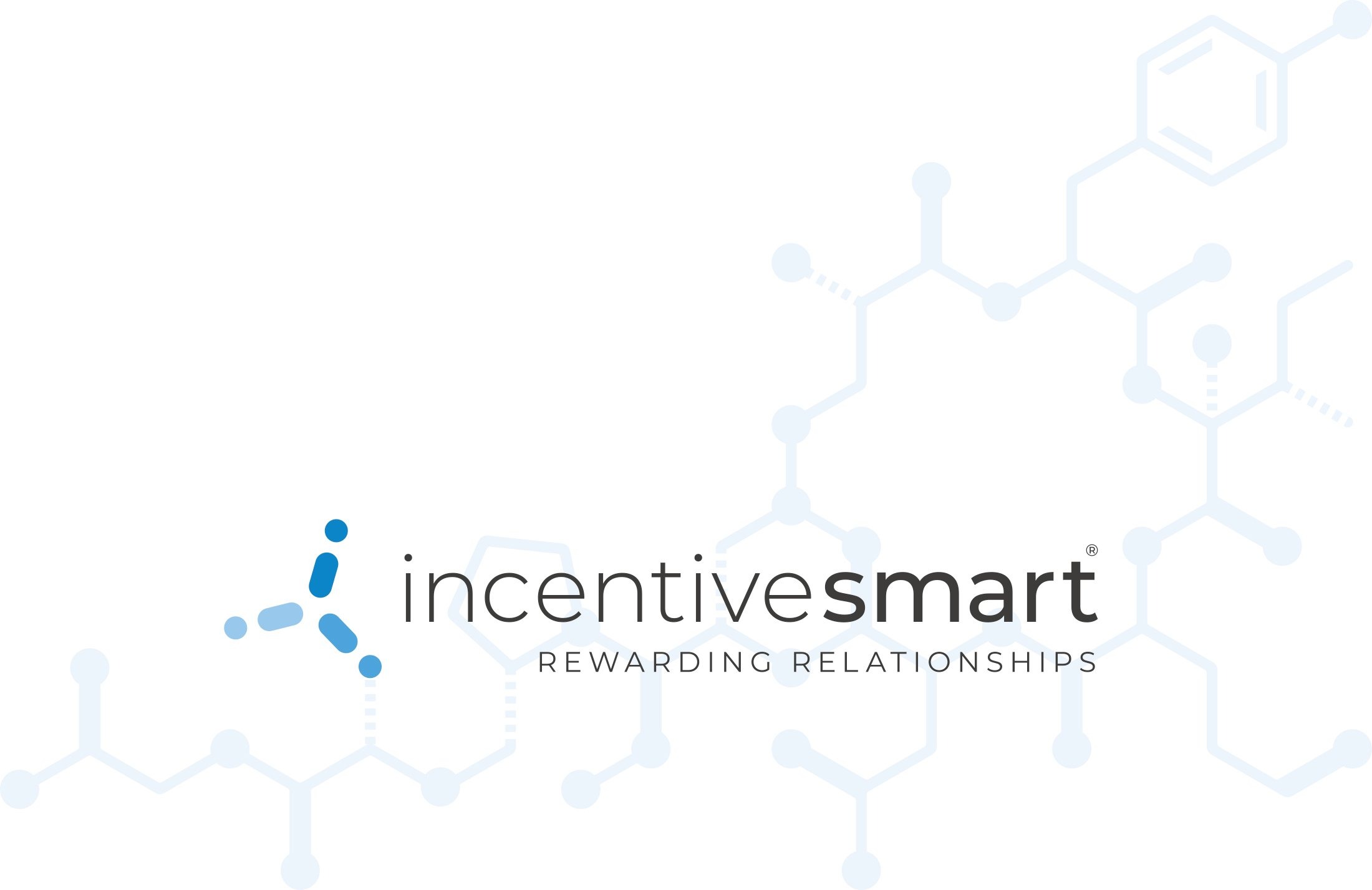
And last but not least…
Serotonin!
Also known as the ‘wellbeing’ hormone, Serotonin stabilises our mood, feelings of well-being and happiness. When this chemical is flowing, it helps with sleeping, eating, and digesting and reduces depression and anxiety. It’s also an essential hormone for engaging your employees and channel partners.
When you feel a sense of accomplishment, you feel proud, or are recognised for your hard work you get a hit of serotonin. For example, you’re likely to get a boost when your manager goes out of their way to applaud the work and effort you’ve put it. Serotonin is what motivates leaders to be the best they can be and also motivates their team to want to excel. It creates strong and positive emotions.
So remember, if you want to get any of these chemicals flowing you need to deliver fantastic experiences and wow moments, recognise and reward desired behaviours and continue building those rewarding relationships!
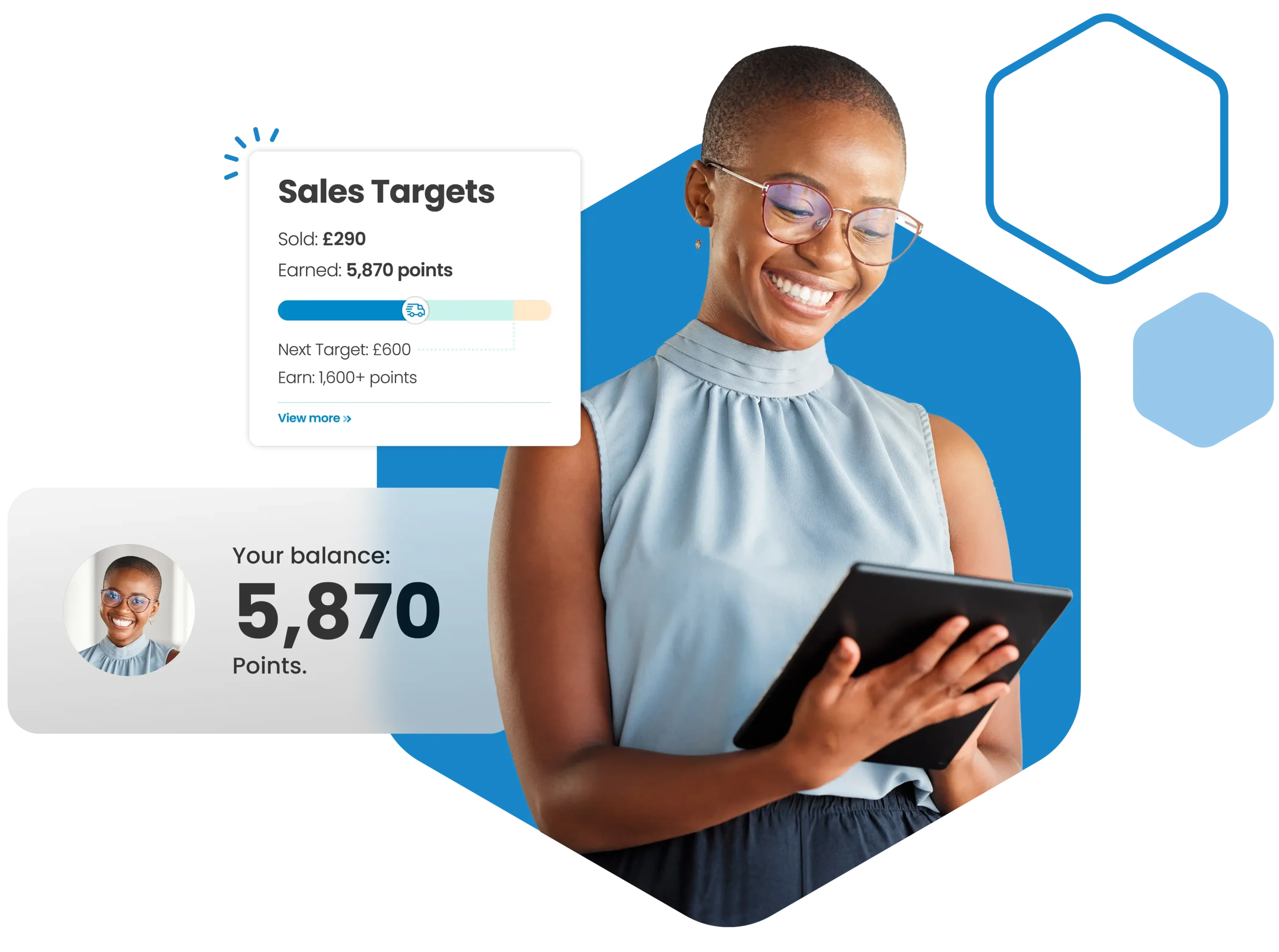

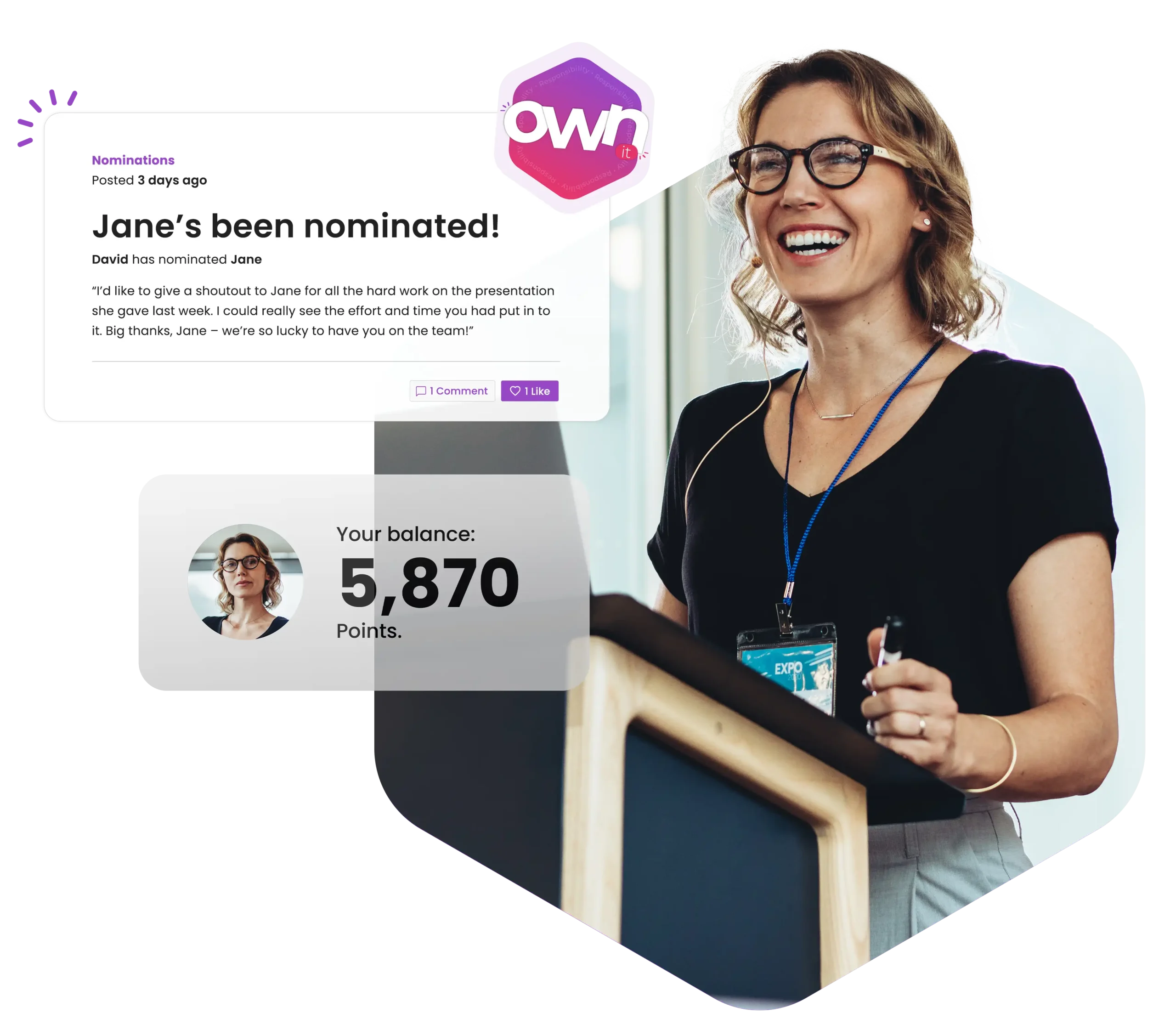
![How to keep customers coming back for more{{ include_custom_fonts({"Poppins":["Semi Bold"]}) }}](https://no-cache.hubspot.com/cta/default/5921162/interactive-188375258646.png)
